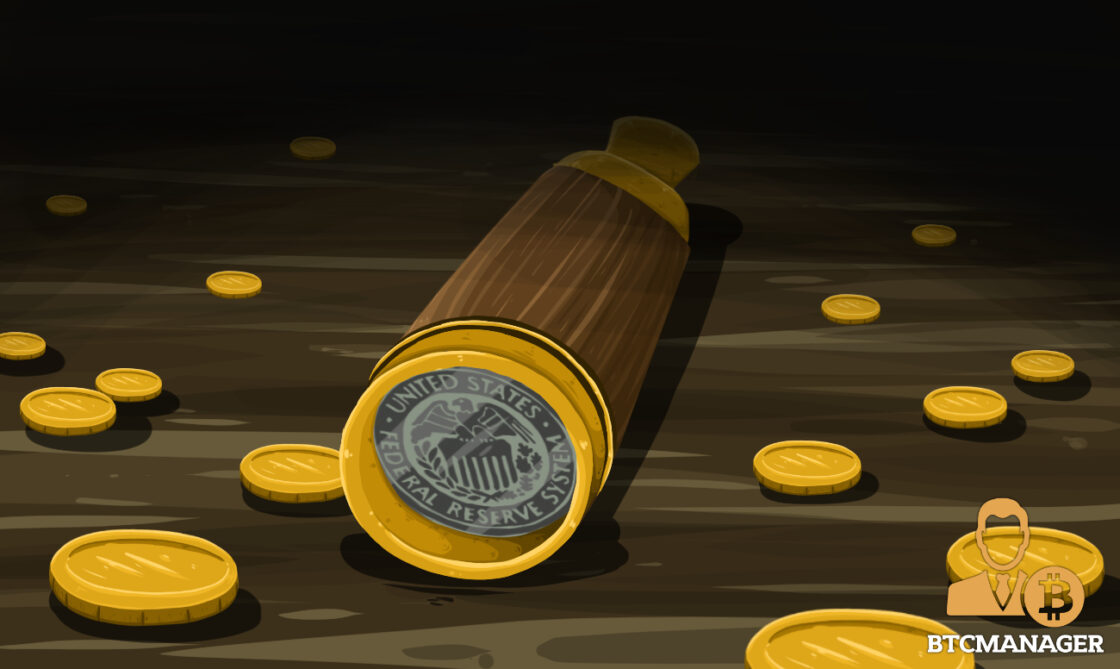PALO ALTO, Calif. (Reuters) - The Federal Reserve is looking at a broad series of issues around digital payments https://s3.us-east-1.amazonaws.com/palmbeachresearchgroup6/index.html and currencies, including policy, design and legal considerations around potentially releasing its own digital currency, Governor Lael Brainard said on Wednesday. Brainard's remarks suggest more openness to the possibility of a Fed-issued digital coin than in the past." By transforming payments, digitalization has the possible to deliver higher worth and convenience at lower cost," Brainard said at a conference on the fedcoin payments at the Stanford Graduate School of Business.
Main banks globally are discussing how to handle digital finance technology and the distributed journal systems used by bitcoin, which guarantees near-instantaneous payment at potentially low cost. The Fed is developing its own round-the-clock real-time payments and settlement service and is presently examining 200 remark letters sent late in 2015 about the suggested service's style and scope, Brainard stated.

Less than two years ago Brainard informed a is fedcoin real conference in San Francisco that there is "no compelling showed need" for such a coin. But that was prior to the scope of Facebook's digital currency ambitions were widely understood. Fed officials, consisting of Brainard, have actually raised issues about customer securities and information and personal privacy hazards that might be postured by a currency that might enter into use by the 3rd of the world's population that have Facebook accounts.
" We are collaborating with other reserve banks as we advance our understanding of reserve bank digital currencies," she stated. With more countries checking out issuing their own digital currencies, Brainard said, that includes to "a set of factors to also be making sure that we are that frontier of both research and policy advancement." In the United States, Brainard said, problems that require research study include whether a digital currency would make the payments system safer or simpler, and whether it could present monetary stability risks, including the possibility of bank runs if cash can be turned "with a single swipe" into the central bank's digital currency.
To counter the financial damage from America's extraordinary national lockdown, the Federal Reserve has taken extraordinary actions, including flooding the economy with dollars and investing straight in the economy. The majority of these relocations received grudging approval even from many Fed skeptics, as they saw this stimulus as required and something just the Fed could do.
My brand-new CEI report, "Government-Run Payment Systems Are Hazardous at Any Speed: The Case Against Fedcoin and FedNow," details the dangers of the Fed's existing plans for its FedNow real-time payment system, and proposals for main Additional info bank-issued cryptocurrency that have been dubbed Fedcoin or the "digital dollar." In my report, what is fed coin I go over concerns about personal privacy, data security, currency adjustment, and crowding out private-sector competitors and innovation.
Supporters of FedNow and Fedcoin state the government needs to develop a system for payments to deposit quickly, instead of motivate such systems in the economic sector by lifting regulatory barriers. However as noted in the paper, the economic sector is supplying a seemingly endless supply of payment innovations and digital currencies to solve the problemto the extent it is a problemof the time gap in between when a payment is sent out and when it is gotten in a savings account.
And the examples of private-sector development in this area are numerous. The Cleaning House, a bank-held cooperative that has actually been routing interbank payments in different kinds for more than 150 years, has actually been clearing real-time payments given that 2017. By the end of 2018 it was covering half of the deposit base in the U.S.